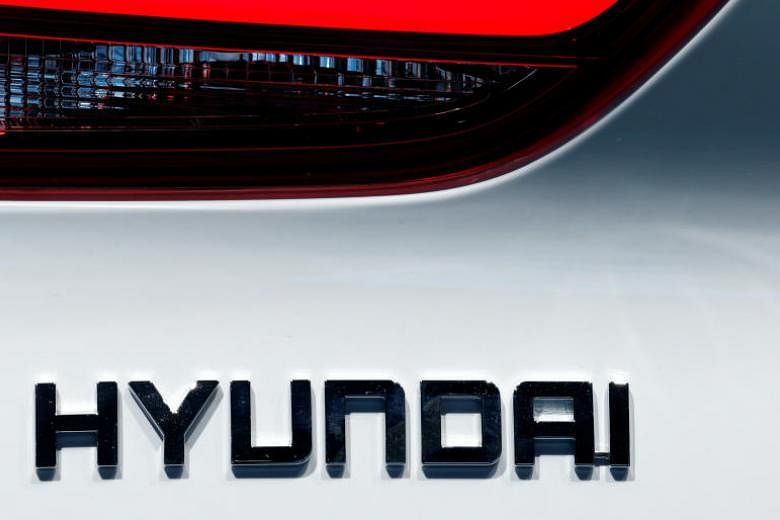Indonesia is juggling two options as it moves closer to setting regulations on the adoption of electric vehicles.
The impending outcome is set to benefit Japanese car giant Toyota or South Korea's Hyundai Motor and European carmakers such as BMW.
The Joko Widodo administration is throwing its support behind green vehicles as it seeks to reduce the country's reliance on imports of fossil fuel and also tap its abundant nickel reserves. Nickel is a key material for making lithium-ion batteries.
Ministers are debating, according to a government source, if Indonesia should adopt a pure electric vehicle regime from the outset or start first with hybrid electric vehicles (HEVs) that do not require charging stations as they are powered by a conventional internal combustion engine.
Industry Minister Airlangga Hartarto, it is said, prefers a gradual shift by using HEVs. These do not place too heavy a financial burden on the government, which would otherwise have to build charging stations and ensure power plants have the capacity to meet an expected surge in demand.
But, Energy and Mineral Resources Minister Ignasius Jonan is opposed to the HEV option and wants the adoption of pure electric vehicles, also called battery electric vehicles (BEVs), the government source, who spoke on condition of anonymity, told The Straits Times. BEVs utilise chemical energy stored in rechargeable battery packs.
"The debates have been relatively intense. Discussions also touched on the subsidies given to hybrid electric cars in advanced countries that were recently revoked because they did not have significant impact on reducing emissions because their main source of energy is still fossil fuel," the source said.
Observers expect a BEV regime to benefit Hyundai, which has been successful in playing catch-up in the electric vehicle segment.
But Toyota, whose vehicles make up about a third of automobile sales in Indonesia, is lagging behind in the global electric vehicle race on account of its scepticism about battery life and user convenience.
Indonesia is set to issue a presidential regulation on electric vehicles, dangling a range of tax incentives, including cuts in value-added taxes, to encourage sales and the development of a domestic electric car industry.
Anticipating this, Hyundai is gearing up to announce its maiden electric vehicle investment plan in Indonesia, according to a source with knowledge of the plan.
"The impending regulation is like a battle between Japanese and non-Japanese carmakers in Indonesia," said an analyst with Jakarta-based equity stock brokerage Mandiri Sekuritas who asked not to be named.

